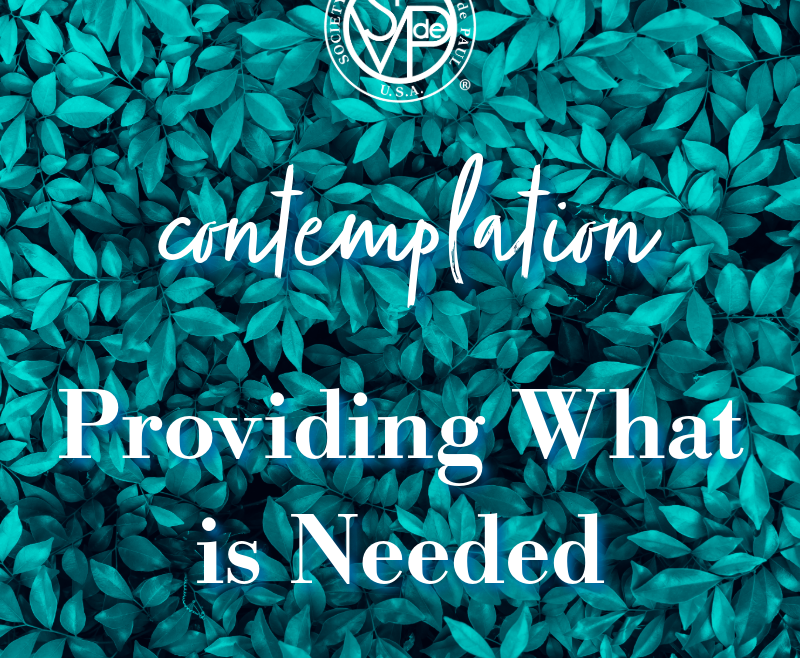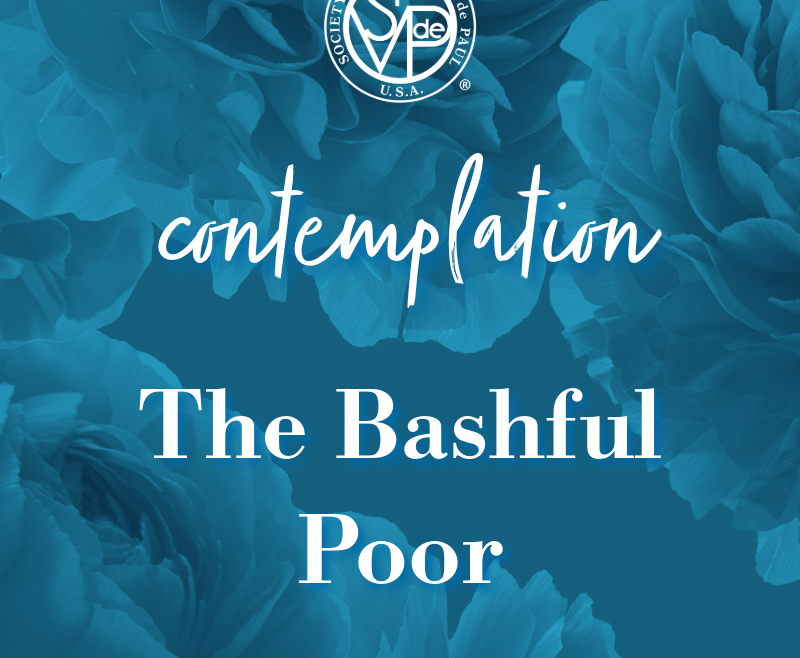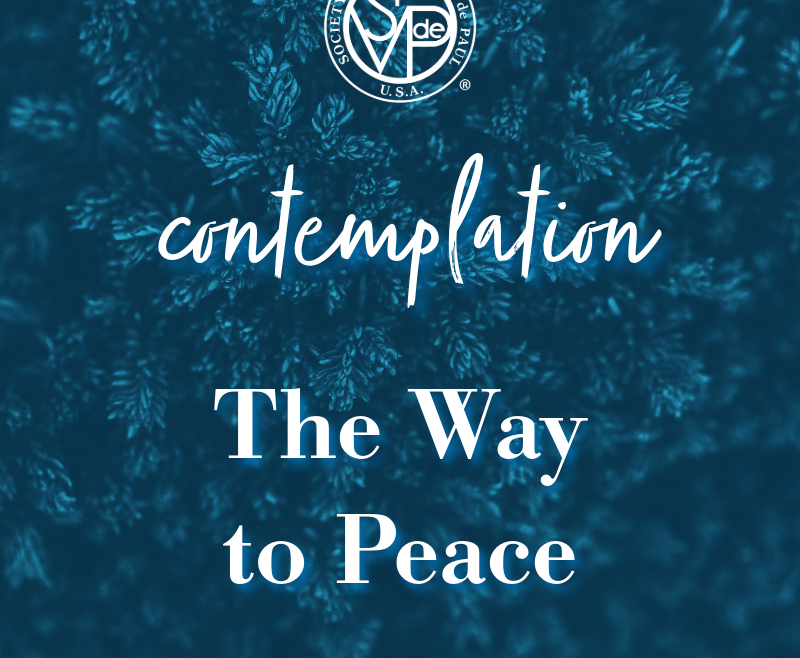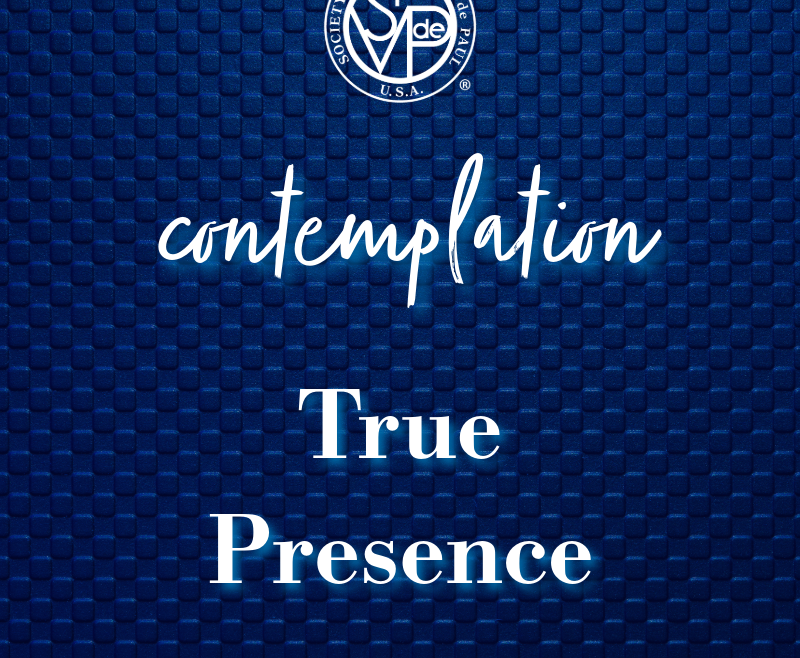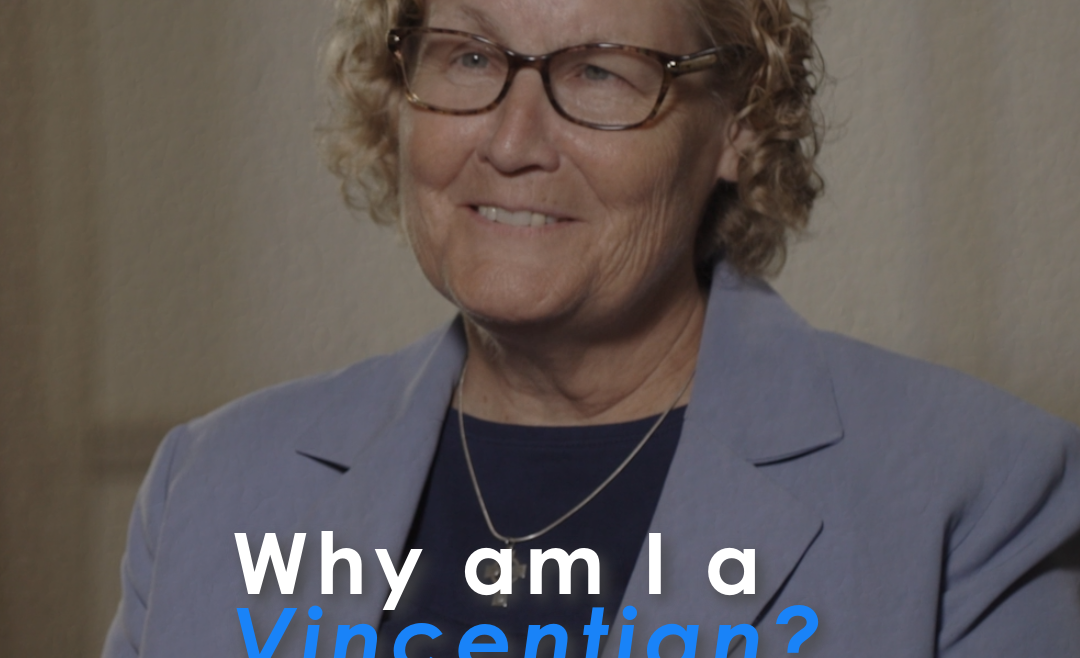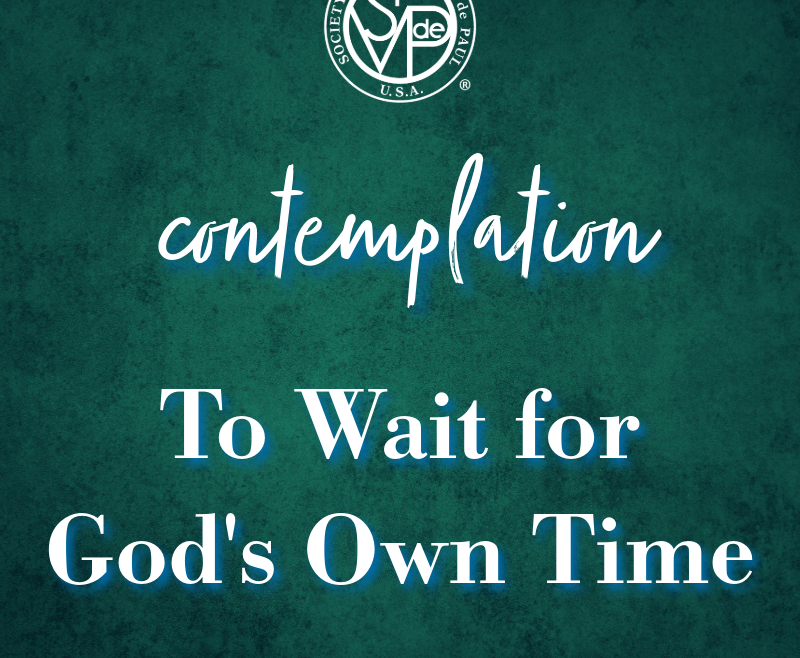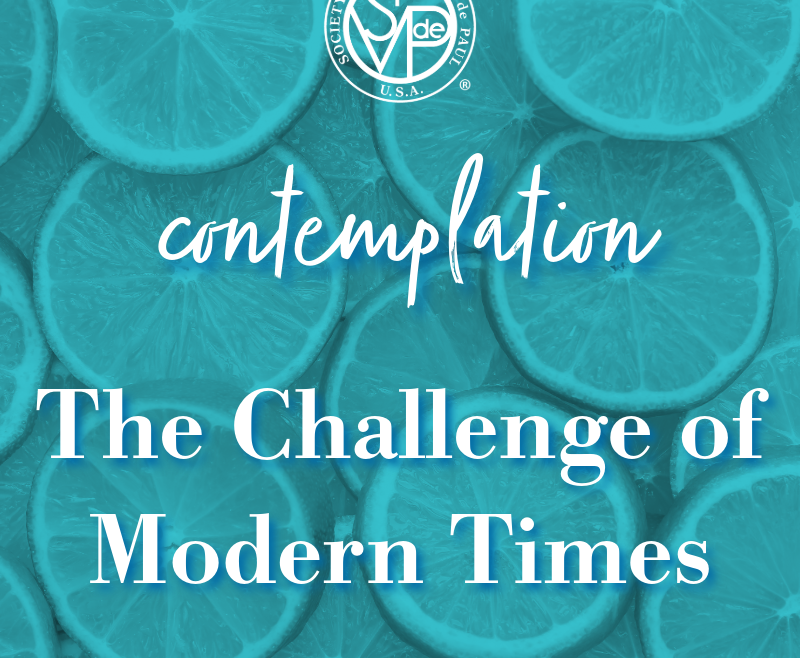By Timothy Williams, Senior Director of Formation and Leadership Development
One of the central tenets of Vincentian spirituality is trust in Divine Providence. We are called to trust that God will provide what is needed for things to work out for the best. In theory, this sounds quite simple, because we know that God is good and that He loves us. In practice, though, we slowly come to realize that our trust is needed not because of what we know, but because of what we do not know.
Every Conference probably has some miraculous story about a time when, just as they had offered their last dollar in assistance, an entirely unexpected donation arrived. It happens often enough that we can hardly call it “unexpected” anymore. These stories offer comforting reassurance for our trust in Providence. God, after all, has so often provided “what is needed” to our treasuries that we, along with Bl. Frédéric, can happily conclude that “to do works of charity, it is never necessary to worry about financial resources, they always come.” [121, To his mother, 1836]
It’s easy to trust when we receive what we think is needed. We are called to trust not only that God will provide what is needed, but that He knows what is needed even when it makes no sense to us; that He alone knows the best way for things to work out.
Reflecting years later on the founding of the first Confraternity of Charity at Châtillon-les-Dombes, which marked the beginning of the Vincentian Family, St. Vincent saw something other than his own achievement in response to a sick family in his parish. Instead, he insisted that it was entirely God’s idea, for it was not Vincent who had made that family sick.
Sometimes we can only see in hindsight the good that comes from events in our lives. It would have been very easy for Vincent to simply lament the family’s troubles or decide it would be too hard to help. It would also have been very easy for him to congratulate himself for having taken action. But Vincent understood that we are all called to help, and in that instance, God’s call came in the form of a family in need. God provided not funding but suffering which in turn led to a great flowering of charity among His servants who trusted in Him and sought to do His will.
Providence is not merely a generous donor, nor is it the cavalry arriving in the nick of time. To trust in Providence means abandoning ourselves to God’s will, trusting fully that if we act in accordance with His will, then the outcome, however it may appear to us, also will be His will. As St. Vincent reminds us, “the Will of God cannot be made known to us more clearly in events than when they happen without our intervention or in a way other than we requested.” [CCD V:459]
Contemplate
Do I allow myself to become frustrated when things don’t work out as I’d planned?

